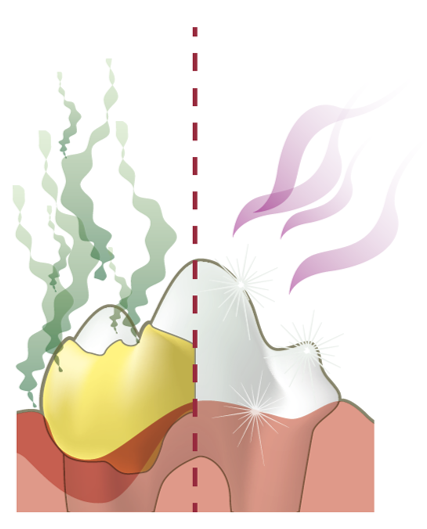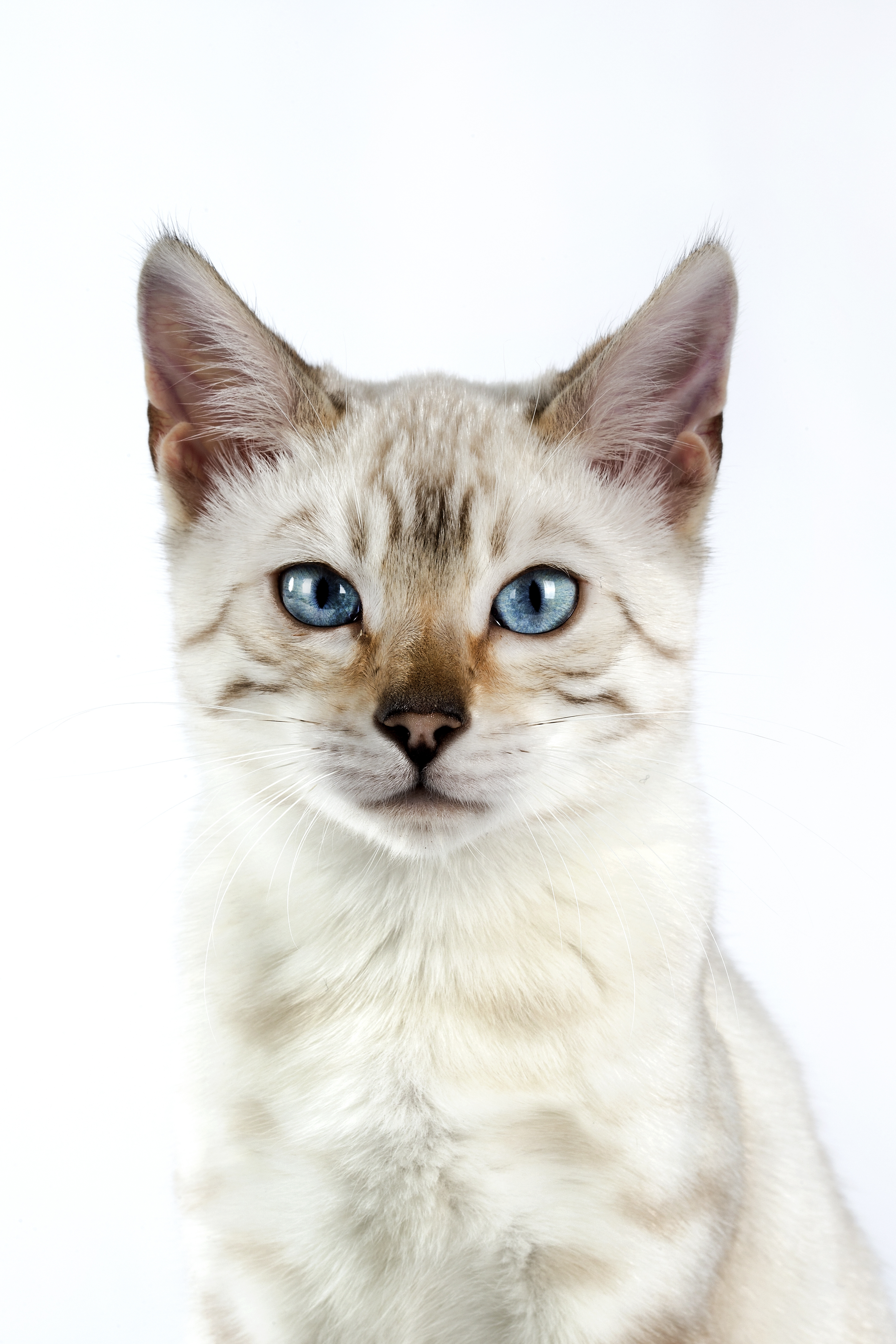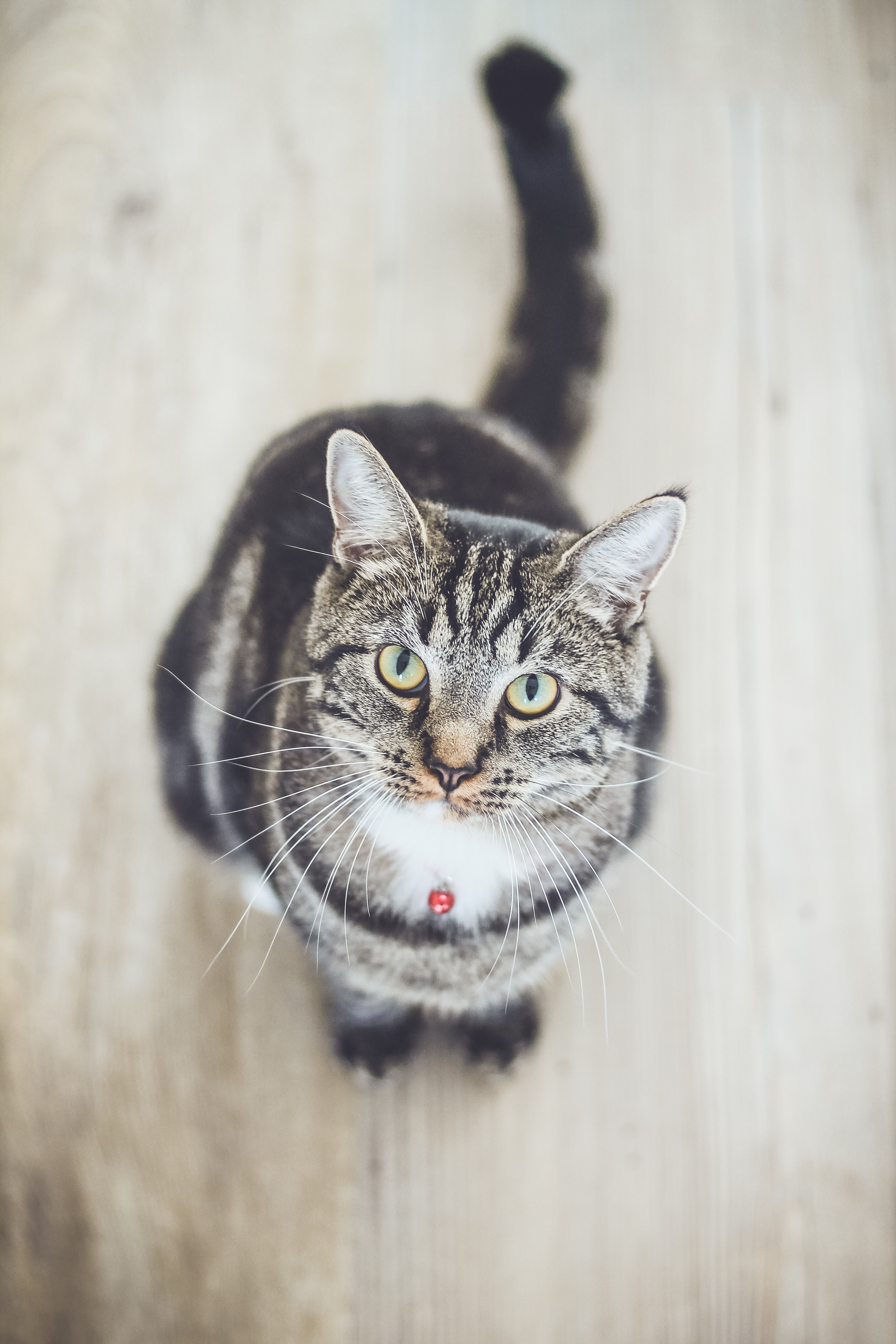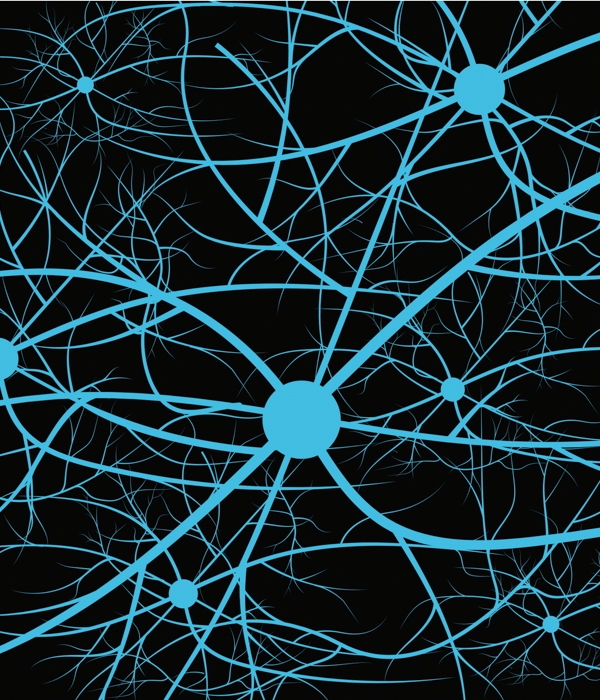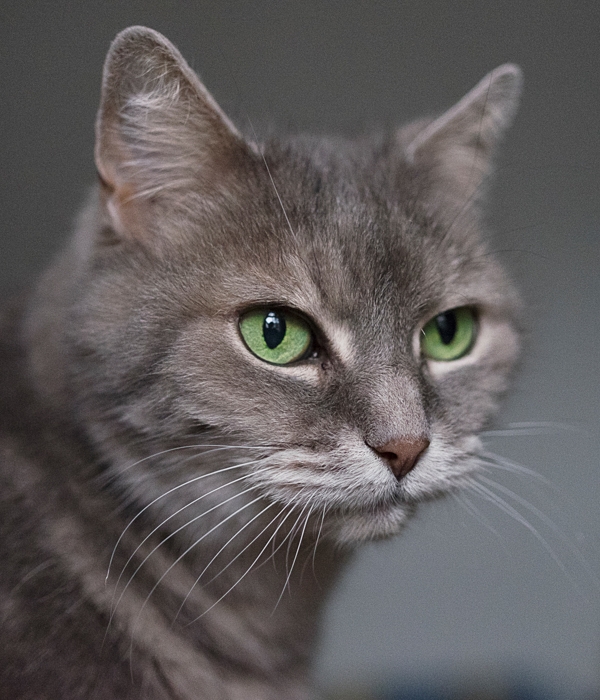The physiology of cats regarding the metabolism of carbohydrates is similar in many respects to that of other mammals, but with key differences. Cats are obligatory carnivores and, as such, their natural diet consists primarily of fat and protein, and a small amount of carbohydrate. A bird or a mouse consists of approximately equal amounts of fat and protein and <5% carbohydrates. Commercial diets, however, contain on average 33% carbohydrates in dry food and 15% carbohydrates in canned food (Forrester D, et al. Consensus Statement. ACVIM. 2011). Cats have alterations in their metabolism that may lead one to conclude that they are ill-equipped to deal with dietary carbohy drates. It is for those reasons that it has long been discussed in the lay and scientific literature that carbohydrates cause obesity and diabetes mellitus. The premise is that high-carbo hydrate intake drives overproduction of insulin resulting in excess fat deposition and obesity. High-carbohydrate intake has also been blamed for inducing chronic hyperglycemia, which increases demand on the beta cells to secrete insulin and leads to beta cell failure and diabetes. In this review, we will examine the validity of those statements in cats by focusing on physiologic mechanisms involved in carbohydrate use.
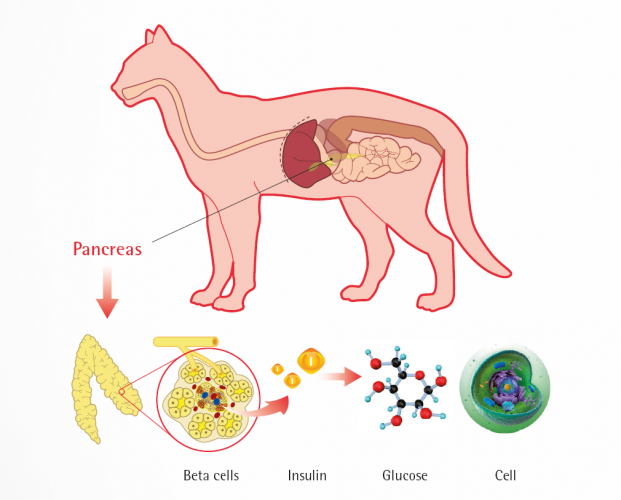
 Purina: Your Pet, Our Passion
Purina: Your Pet, Our Passion


